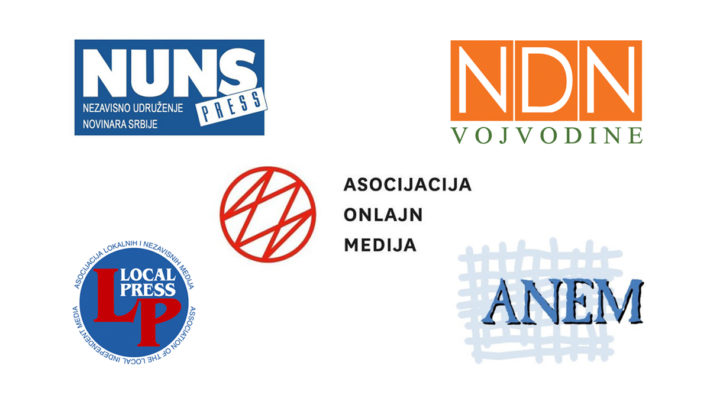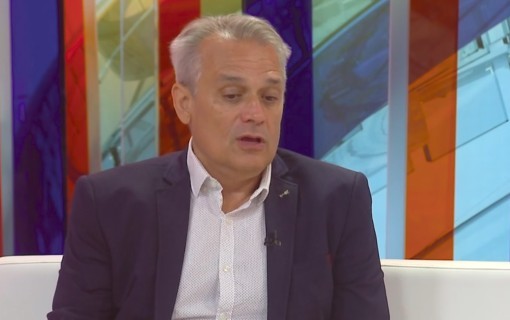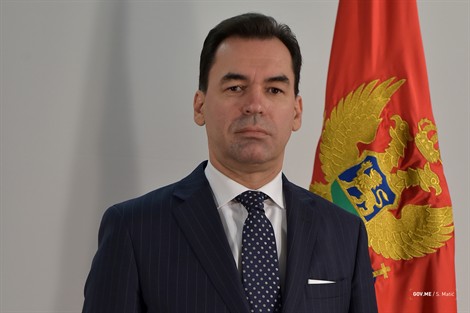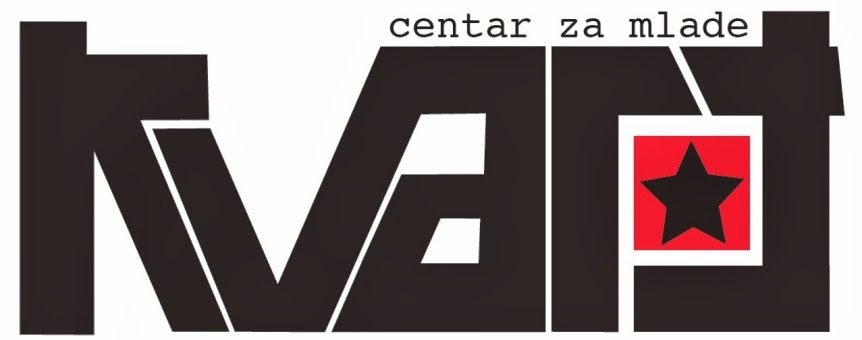TREBEVIĆ, 10.02.2017. – As said today on a professional seminar for judiciary and media defenders in BiH. Numerous defamation lawsuits in Bosnia and Herzegovina indicate lack of tolerance and readiness for public dialogue and criticism in BiH society. Claims often serve as a tool for dealing with journalists, and has an extremely discouraging effect on the work of journalists, especially in smaller communities, among other things.
The main goal of the seminar is to improve the representation of journalists, editors, and publishers and defendants before the lawsuits for defamation. The workshop is also devoted to improving court practice and prosecuting cases of defamation in a way that will promote Article 10 of the European Convention on Human Rights and the application of court practice of the European Court of Human Rights in Strasbourg to the protection of freedom of expression.
“There are no reliable data on the total number, as well as the outcome of court proceedings in defamation cases” was pointed out by the lawyer and media expert Mehmed Halilović, adding that in the implementation of the applicable defamation laws, the most disputable are prohibitions on publishing, medical expertise or free assessment of non-pecuniary damages, as well as determining the amount of compensation.
“There is not always a clear distinction between facts and value judgments in court proceedings, and courts often ignore all the circumstances of the case,” Halilović said.
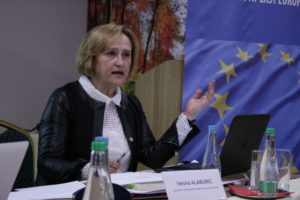 Vesna Alaburić, an advocate and international expert on the issue of defamation, spoke about Council of Europe standards in the context of the implementation of the Defamation Laws, through the analysis of key judgments of the Human Rights Court in Strasbourg.
Vesna Alaburić, an advocate and international expert on the issue of defamation, spoke about Council of Europe standards in the context of the implementation of the Defamation Laws, through the analysis of key judgments of the Human Rights Court in Strasbourg.
“The European Court of Human Rights through its verdicts promotes responsible journalism,” Alaburić said and added that the verdict in favor of journalists is more certain if the author of the media content exhausts all the ways of establishing the truth. “If a journalist is interviewed live, then there is no time to check the spokesman’s statement. However, if the interview is to be published subsequently, and if it is a statement that damages someone’s reputation then the journalist should have the other party’s position as well for checking the information. ”
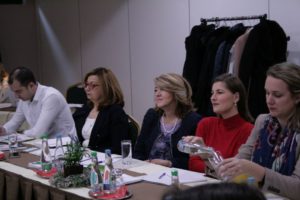 There was discussed about determination of responsibility from the judicial position and the application of Article 10 of the European Convention on Human Rights through the processing of cases of defamation.
There was discussed about determination of responsibility from the judicial position and the application of Article 10 of the European Convention on Human Rights through the processing of cases of defamation.
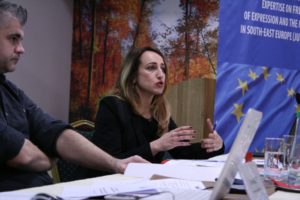 “In defamation court proceedings, it is often clear from the media content in question that there is no good intent,” said Judge of the Municipal Court in Sarajevo, Sanel Gorušanović Butigan, adding that evidences presented by the parties in court are still the basis for reaching a verdict.
“In defamation court proceedings, it is often clear from the media content in question that there is no good intent,” said Judge of the Municipal Court in Sarajevo, Sanel Gorušanović Butigan, adding that evidences presented by the parties in court are still the basis for reaching a verdict.
Elvir Padalović from portal Buka spoke about examples of court processes for defamation. “For journalists and media, judicial processes for defamation are very exhausting, financially demanding in which journalists have to stay persistent, “Padalović said.
The two-day workshop on the application of European standards in the processing of cases of defamation in Bosnia and Herzegovina was organized by the Council of Europe and the BH Journalists Association within the project of CoE and EU – JUFREX – Reinforcing Judical Expertise on Freedom of Expression and the Media in South – East Europe. This event gathered lawyers, judges, media experts, journalists and international experts on defamation issues.


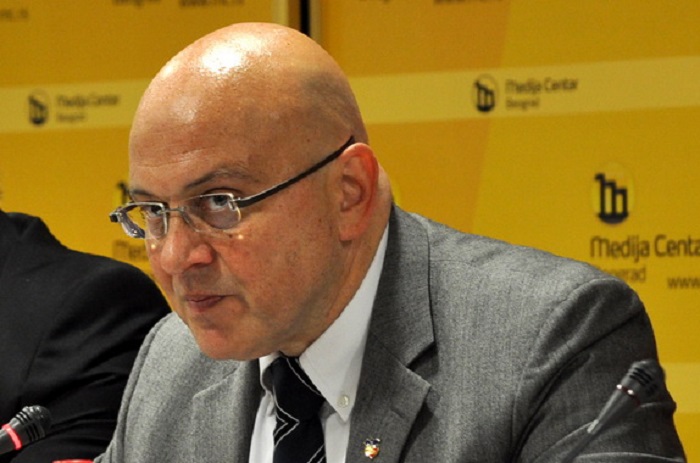
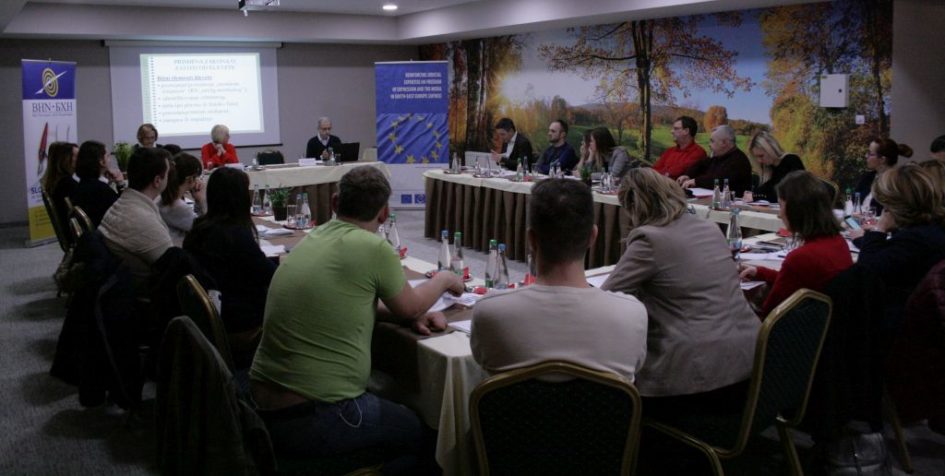
 Vesna Alaburić, an advocate and international expert on the issue of defamation, spoke about Council of Europe standards in the context of the implementation of the Defamation Laws, through the analysis of key judgments of the Human Rights Court in Strasbourg.
Vesna Alaburić, an advocate and international expert on the issue of defamation, spoke about Council of Europe standards in the context of the implementation of the Defamation Laws, through the analysis of key judgments of the Human Rights Court in Strasbourg. There was discussed about determination of responsibility from the judicial position and the application of Article 10 of the European Convention on Human Rights through the processing of cases of defamation.
There was discussed about determination of responsibility from the judicial position and the application of Article 10 of the European Convention on Human Rights through the processing of cases of defamation. “In defamation court proceedings, it is often clear from the media content in question that there is no good intent,” said Judge of the Municipal Court in Sarajevo, Sanel Gorušanović Butigan, adding that evidences presented by the parties in court are still the basis for reaching a verdict.
“In defamation court proceedings, it is often clear from the media content in question that there is no good intent,” said Judge of the Municipal Court in Sarajevo, Sanel Gorušanović Butigan, adding that evidences presented by the parties in court are still the basis for reaching a verdict.